
Twitter Thread With 38 Reasons Why The School System Is Ableist Goes Viral
The education system is a topic that nearly everybody has an opinion about (a bit like the coronavirus) and has their theories on how to fix. And while our opinions might diverge, most of us can agree that it’s something that can (and should) be improved in some countries. It’s just a question of how, to what extent, and to what purpose.
One viral Twitter thread with 151k likes is causing a lot of debate online. User THE1EL3VEN stated that the school system is ‘ableist’ and listed her reasons why. An overwhelming number of Twitter users rushed to share their own reasons why school is ableist and praised the original poster for pointing out the flaws in the system.
Such a large amount of support for the thread shows that the underlying issues related to ableism in education are very real and are obviously important to a lot of young people. Ignoring these issues could lead to further problems down the line, as well. This is making us wonder, how the youngest generations are going to change the school system if so many of their members are aware of the major problems.
However, a minority of readers had a different opinion. Some critics had an issue with the fact that THE1EL3VEN seemingly found nearly every aspect of school life and following any rules to be problematic. According to some commenters, school is supposed to prepare you for adult life, not ignore reality and useful skills. But most people were in support of the original poster. What do you think of THE1EL3VEN’s thread? Do you agree or disagree with her statement that school is ableist? Why? Have a read and share your thoughts with everyone in the comment section.
One Twitter user sparked a discussion online when she listed the reasons why school is ableist
Image credits: THE1EL3VEN
Image credits: THE1EL3VEN
Image credits: THE1EL3VEN
Image credits: THE1EL3VEN
Image credits: THE1EL3VEN
Image credits: THE1EL3VEN
Image credits: THE1EL3VEN
Image credits: THE1EL3VEN
Image credits: THE1EL3VEN
Image credits: THE1EL3VEN
Image credits: THE1EL3VEN
Image credits: THE1EL3VEN
Image credits: THE1EL3VEN
Image credits: THE1EL3VEN
Image credits: THE1EL3VEN
Image credits: THE1EL3VEN
Image credits: THE1EL3VEN
Image credits: THE1EL3VEN
Image credits: THE1EL3VEN
Image credits: THE1EL3VEN
Image credits: THE1EL3VEN
Image credits: THE1EL3VEN
Image credits: THE1EL3VEN
Image credits: THE1EL3VEN
Image credits: THE1EL3VEN
Image credits: THE1EL3VEN
Image credits: THE1EL3VEN
Image credits: THE1EL3VEN
Image credits: THE1EL3VEN
Image credits: THE1EL3VEN
Image credits: THE1EL3VEN
Image credits: THE1EL3VEN
Image credits: THE1EL3VEN
Image credits: THE1EL3VEN
Image credits: THE1EL3VEN
Image credits: THE1EL3VEN
Image credits: THE1EL3VEN
Image credits: THE1EL3VEN
Image credits: THE1EL3VEN
Image credits: THE1EL3VEN
Image credits: THE1EL3VEN
With so many -isms floating around in modern life, it can be easy to get lost between all of them. In case you didn’t know, ableism is discrimination and prejudice against people with disabilities and in favor of able-bodied people.
According to Chicago-based organization ‘Access Living’ that aims to protect civil rights, challenge stereotypes, and champion social reforms, ableism is a word that’s often left out of debates.
“The world wasn’t built with people with disabilities in mind, and because of that, the world we live in is inherently ‘ableist,’” explains Ashley Eisenmenger. She stresses that at the core of ableism is the assumption that disabled people require ‘fixing’ and that they’re defined by their disability.
Ableism can take many forms. Some of them overt, like segregating students with disabilities into separate schools. Some of them subtle like ‘ableism microaggressions’ which can include saying that something’s ‘retarded’ or that someone’s crazy. Eisenmenger says that words and phrases like this imply that disability is something that’s ‘bad’ rather than a “normal, inevitable part of the human experience.”
Other people pitched in with their own opinions about the education system being ableist
Image credits: hencIairs
Image credits: cartersleia
Image credits: cartersleia
Image credits: prfoundbond
Image credits: WorldYea
Image credits: rileyackles
Image credits: Taikofan04
61Kviews
Share on FacebookSo teaching pupils skills they will need in most jobs is ableist? Huh, who knew.
There's a difference in choosing to go into a job where you will need these skills, and being forced into these "skills". Speaking as neurodivergent myself, I could never work in retail, could never have an office job or be in a position that I'm face to face with a lot of people. There's plenty of jobs that don't require this. I'm in the UK and honestly? Both the UK and the US school systems need to step up their game when it comes to dealing with the mental health of their students. I've long believed that around the world, schools should have a class on mental health, and on the fact that not everyone is neurotypical. I'm not saying that everything has to change, but people do need to be more understanding.
Load More Replies...I completely understand how these things would be difficult or impossible for people with different medical conditions. However, it sounds like they're saying that a school is discriminating against those students merely by having certain broad requirements like "turn in assignments on time". It a teacher was told "my child needs to take a walk once an hour" but still insisted on the child never walking, that's one thing. But this sounds like they're saying that a teacher having a general class rule like "you can't just get up and leave for a twenty-minute walk whenever you feel like it" is discriminatory, and that seems a bit much.
In the US, at least, if you can document that a student requires special treatment due to a diagnosed medical condition (Which 99% of the time is something as simple as a doctor's note stating that the student requires X. You don't have to reveal the actual condition.), then the school will accommodate it provided the special treatment doesn't impact the other students right to learn. So if you bring a note saying that student X has a problem maintaining focus and that the teacher will need to dress as a clown to keep the student's attention, that probably won't happen. But if the note says the student needs to carry some snacks/candy/food in their pocket at all times and be allowed to eat said snacks/candy/food whenever needed, well that happens all the time.
Load More Replies...To the OP: Welcome to Earth! All you’re doing is failing to teach the students about the world, and when they finally enter it, they will be completely and utterly f****d. It’s cool that you want to help kids with disabilities, but really? This is a wee bit overkill, and again, you’re only delaying these kids having to deal with s**t a little bit, 5 years, 10 years.
Load More Replies...So teaching pupils skills they will need in most jobs is ableist? Huh, who knew.
There's a difference in choosing to go into a job where you will need these skills, and being forced into these "skills". Speaking as neurodivergent myself, I could never work in retail, could never have an office job or be in a position that I'm face to face with a lot of people. There's plenty of jobs that don't require this. I'm in the UK and honestly? Both the UK and the US school systems need to step up their game when it comes to dealing with the mental health of their students. I've long believed that around the world, schools should have a class on mental health, and on the fact that not everyone is neurotypical. I'm not saying that everything has to change, but people do need to be more understanding.
Load More Replies...I completely understand how these things would be difficult or impossible for people with different medical conditions. However, it sounds like they're saying that a school is discriminating against those students merely by having certain broad requirements like "turn in assignments on time". It a teacher was told "my child needs to take a walk once an hour" but still insisted on the child never walking, that's one thing. But this sounds like they're saying that a teacher having a general class rule like "you can't just get up and leave for a twenty-minute walk whenever you feel like it" is discriminatory, and that seems a bit much.
In the US, at least, if you can document that a student requires special treatment due to a diagnosed medical condition (Which 99% of the time is something as simple as a doctor's note stating that the student requires X. You don't have to reveal the actual condition.), then the school will accommodate it provided the special treatment doesn't impact the other students right to learn. So if you bring a note saying that student X has a problem maintaining focus and that the teacher will need to dress as a clown to keep the student's attention, that probably won't happen. But if the note says the student needs to carry some snacks/candy/food in their pocket at all times and be allowed to eat said snacks/candy/food whenever needed, well that happens all the time.
Load More Replies...To the OP: Welcome to Earth! All you’re doing is failing to teach the students about the world, and when they finally enter it, they will be completely and utterly f****d. It’s cool that you want to help kids with disabilities, but really? This is a wee bit overkill, and again, you’re only delaying these kids having to deal with s**t a little bit, 5 years, 10 years.
Load More Replies...
 Dark Mode
Dark Mode 

 No fees, cancel anytime
No fees, cancel anytime 


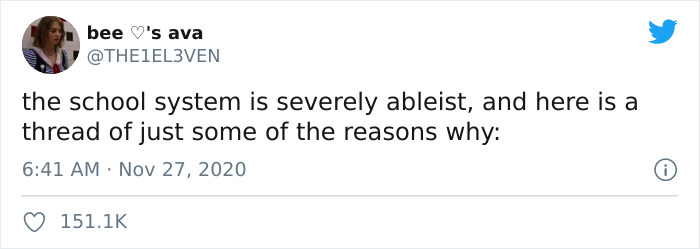
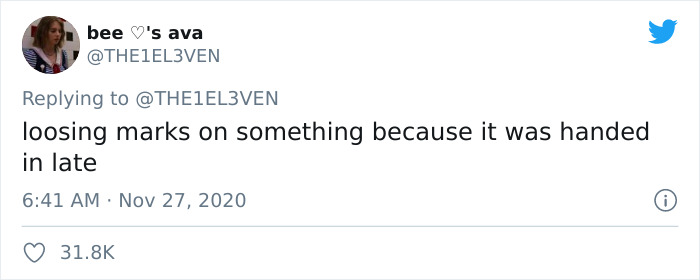
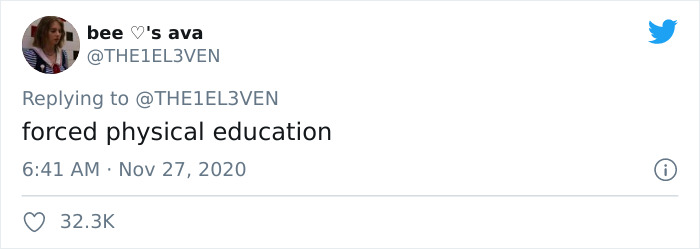
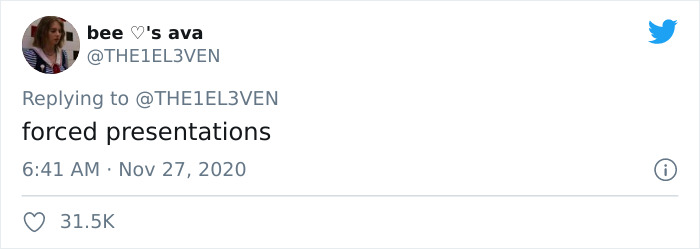
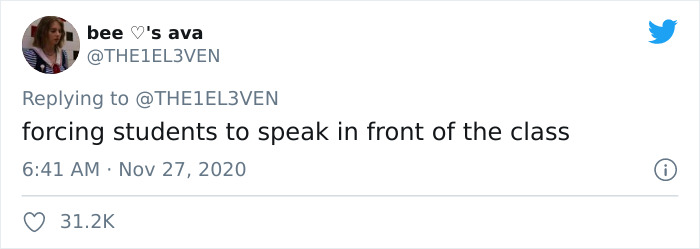
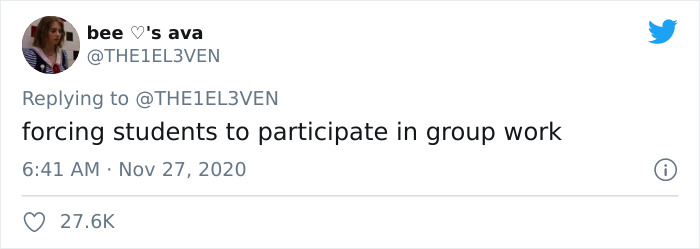

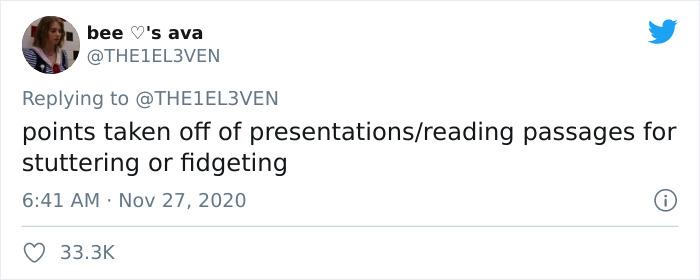
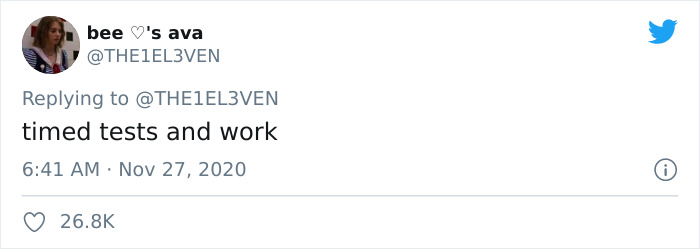
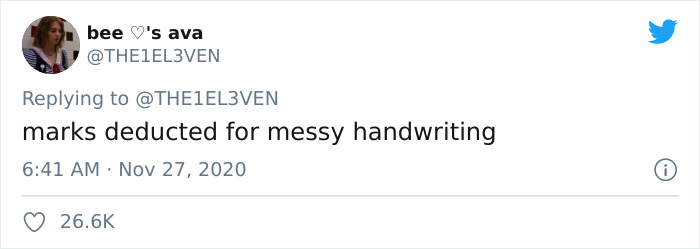
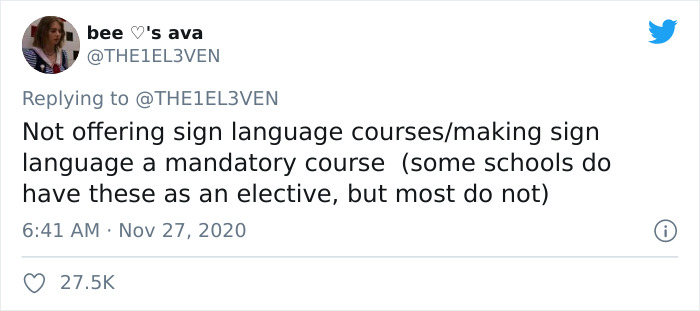

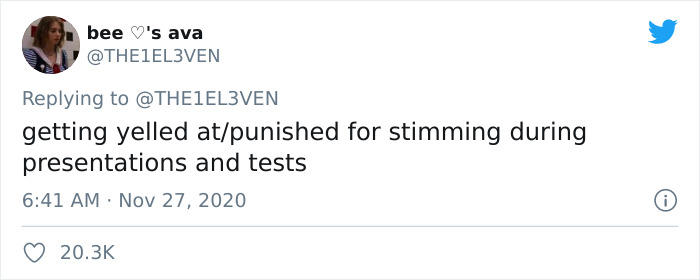
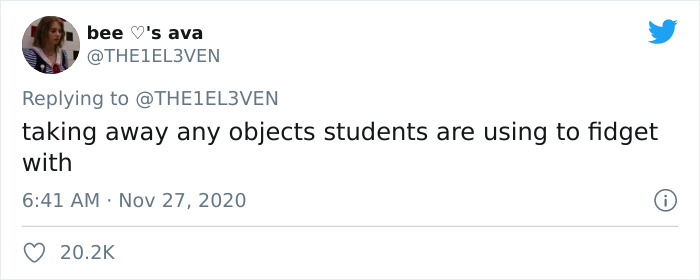
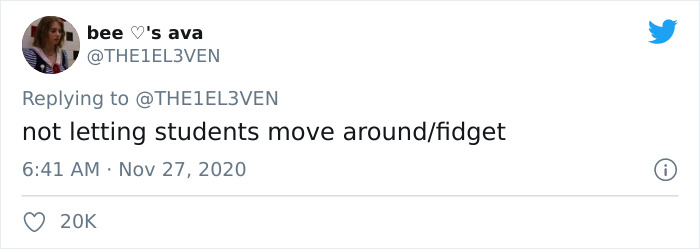
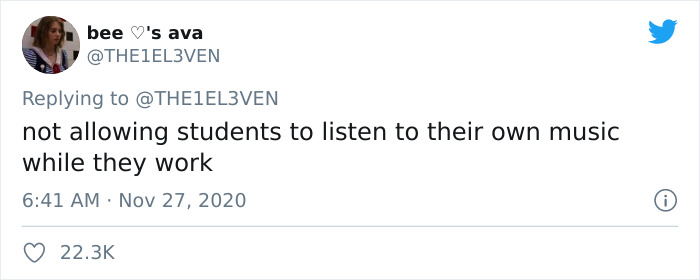
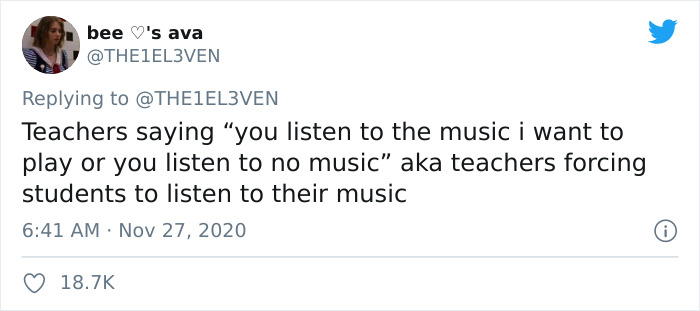
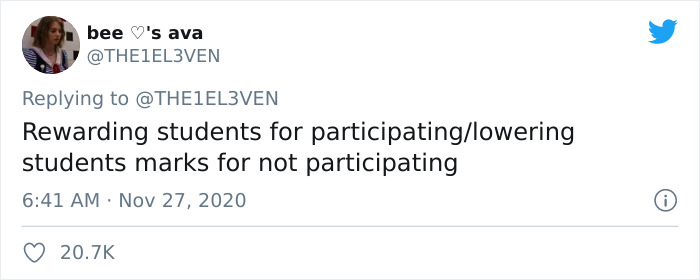
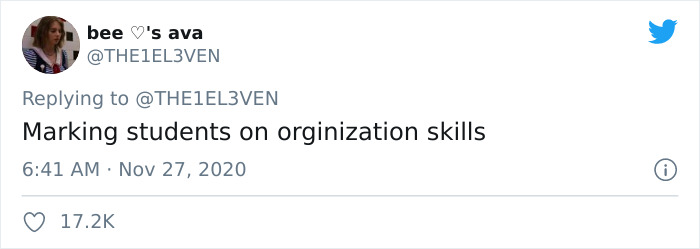
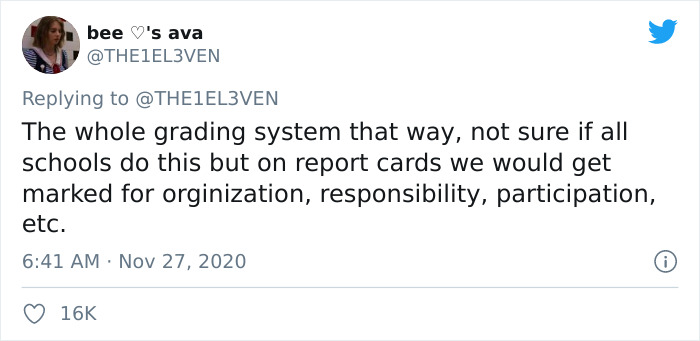
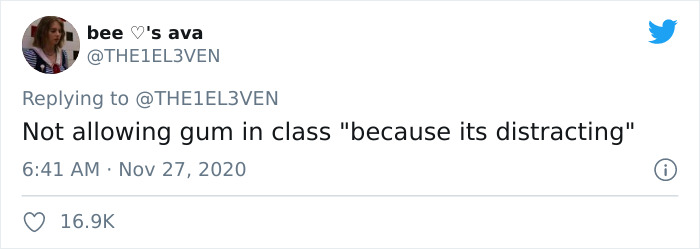
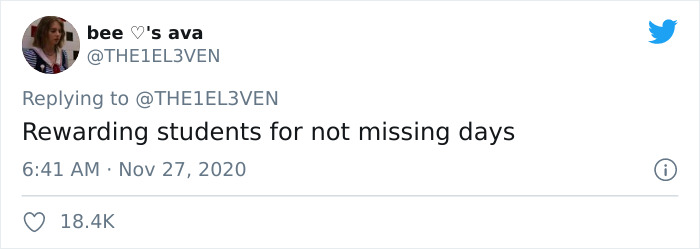
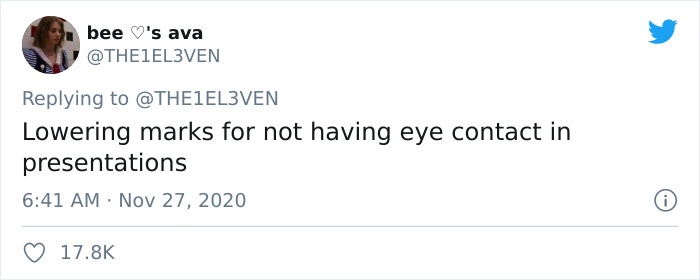
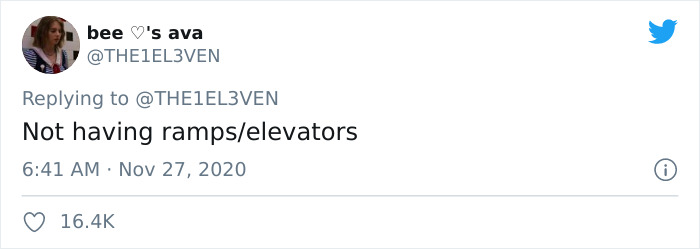
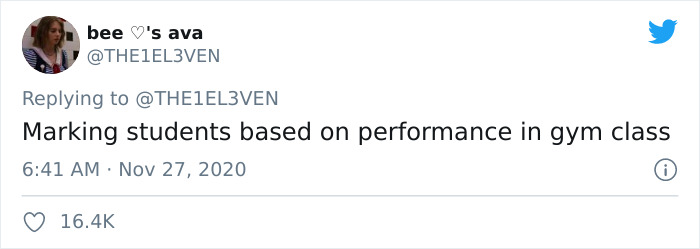
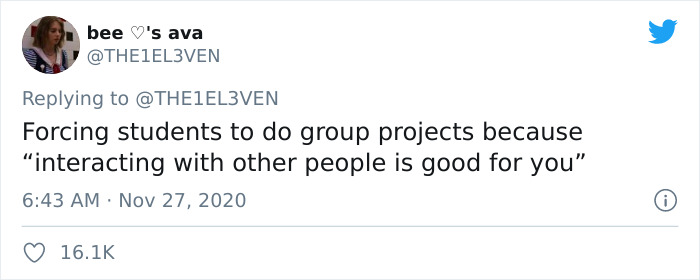
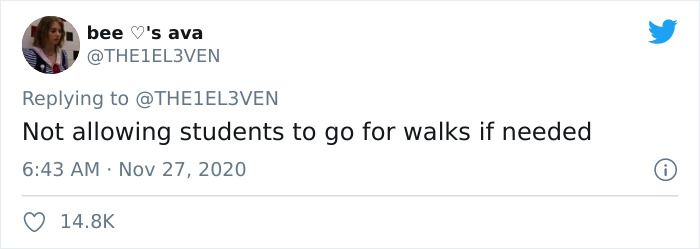
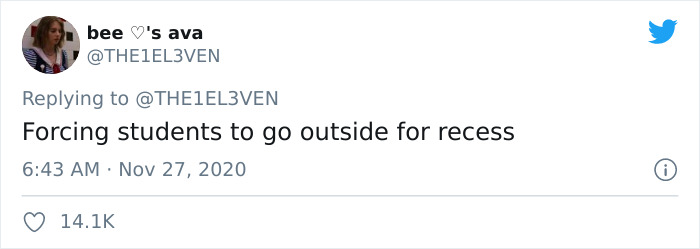
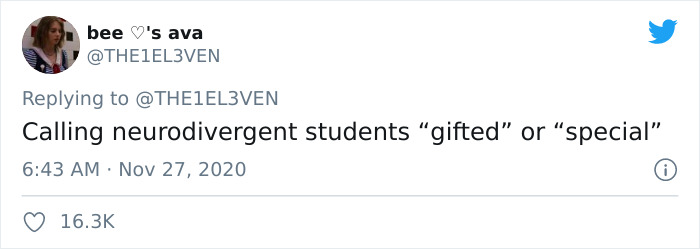
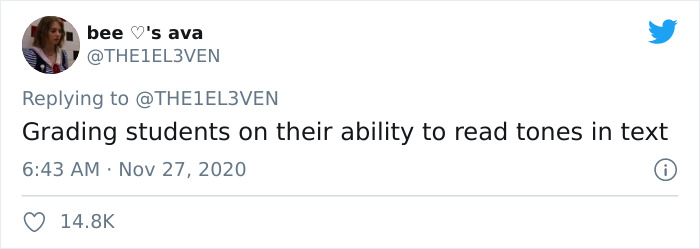
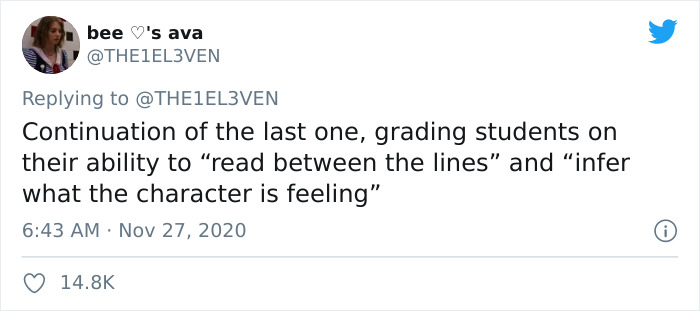
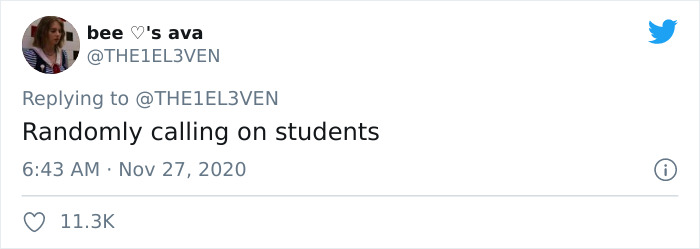
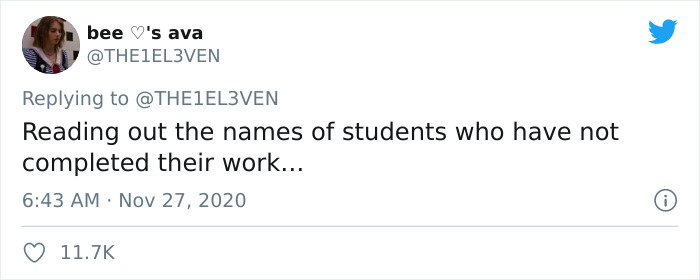
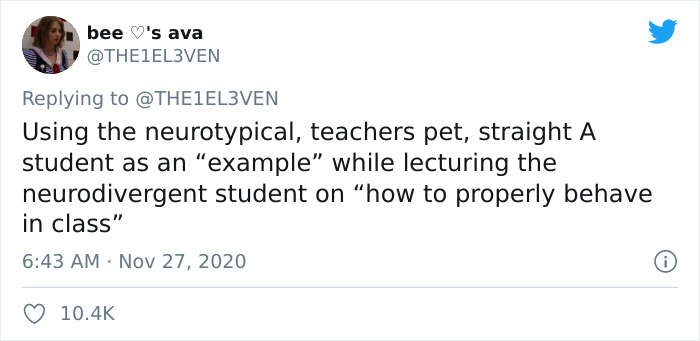
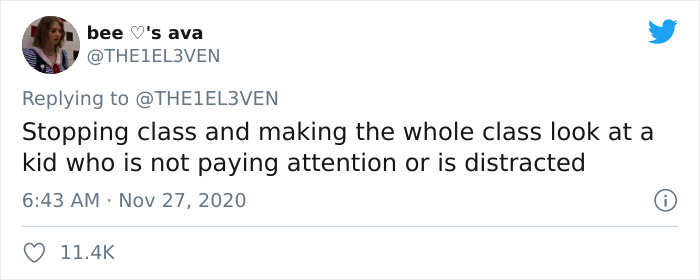
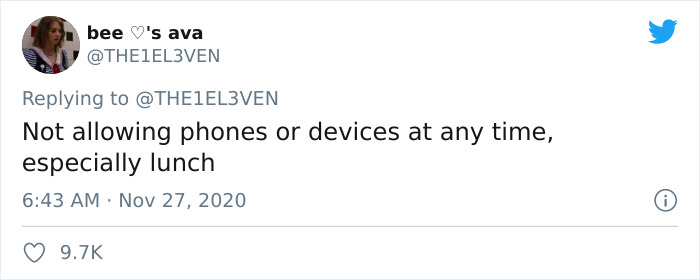
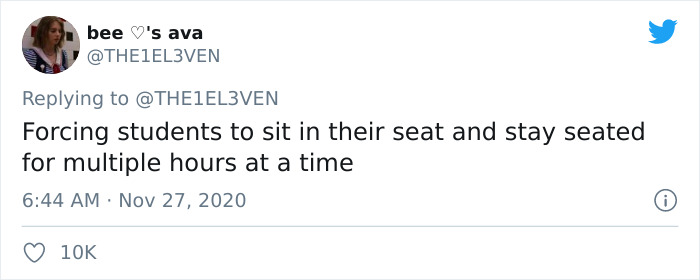
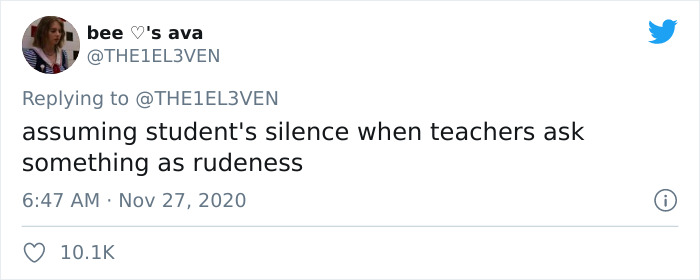
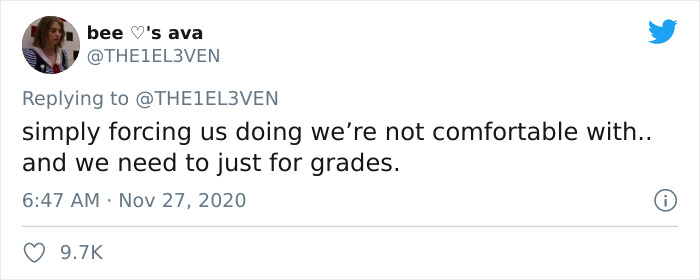
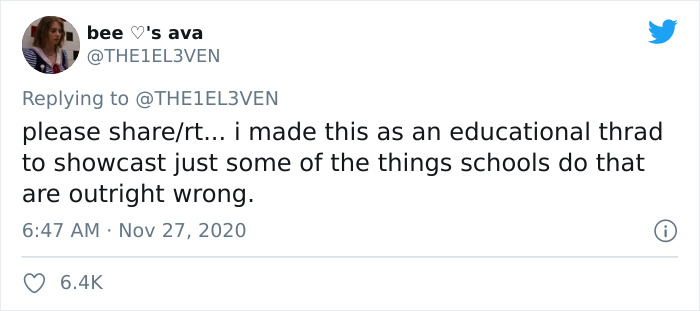
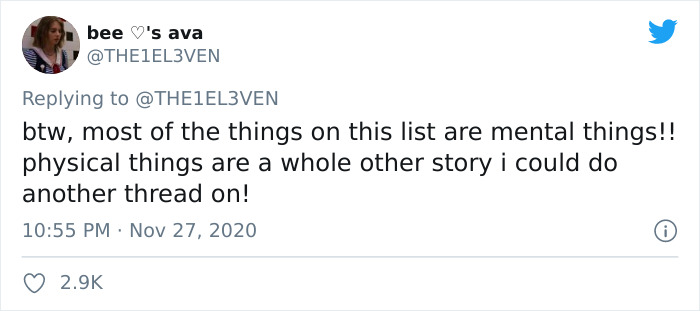
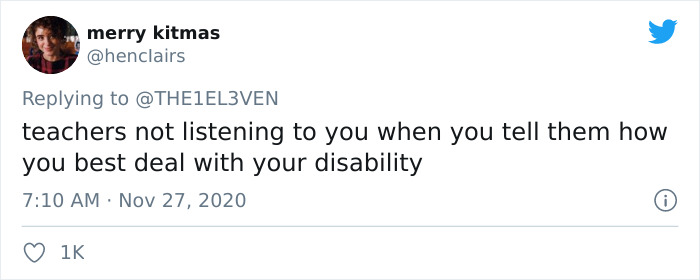

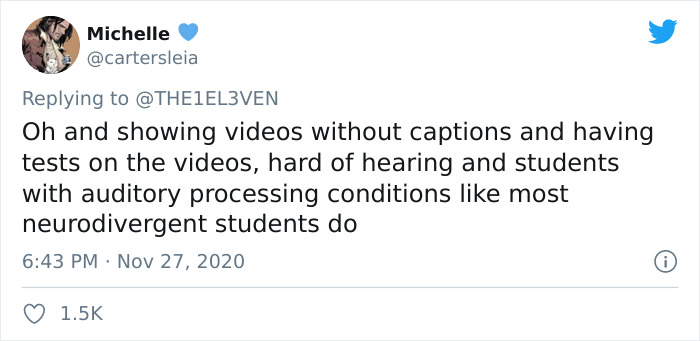
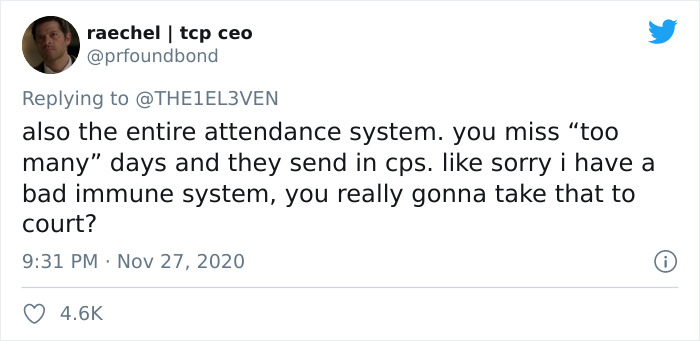
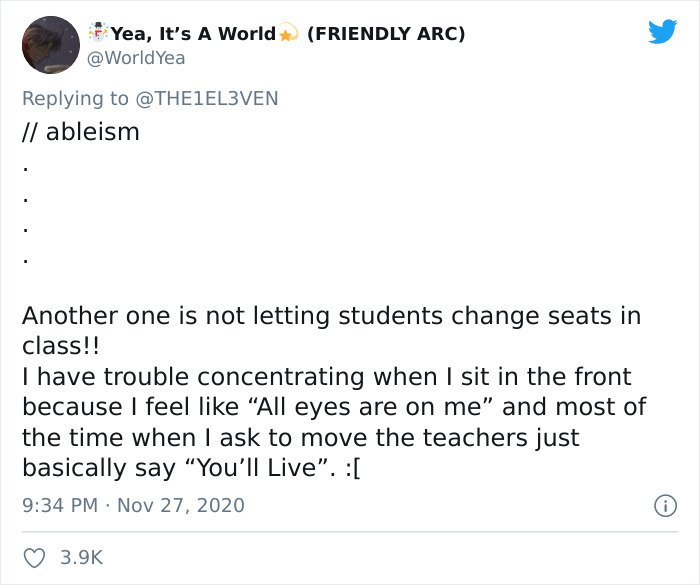
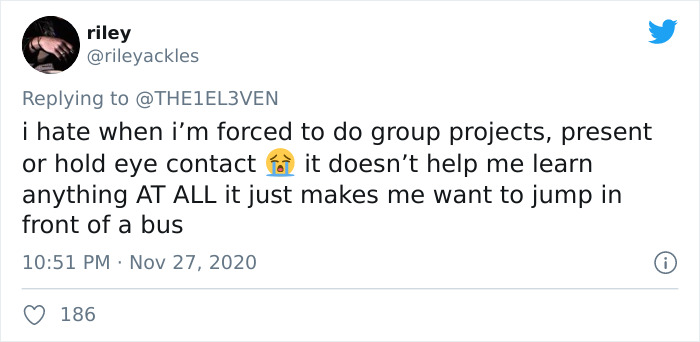
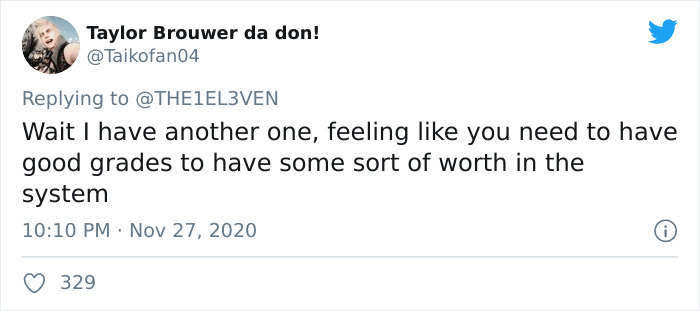





























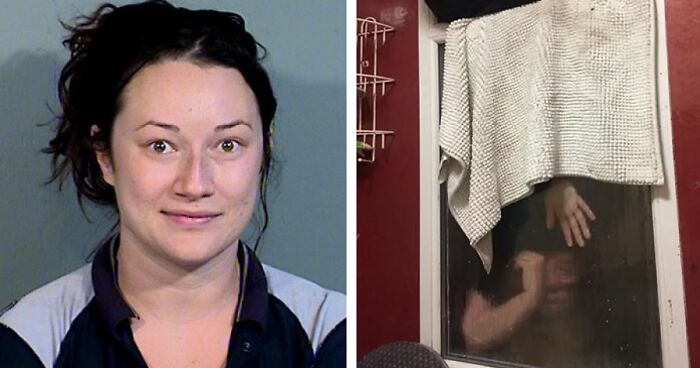


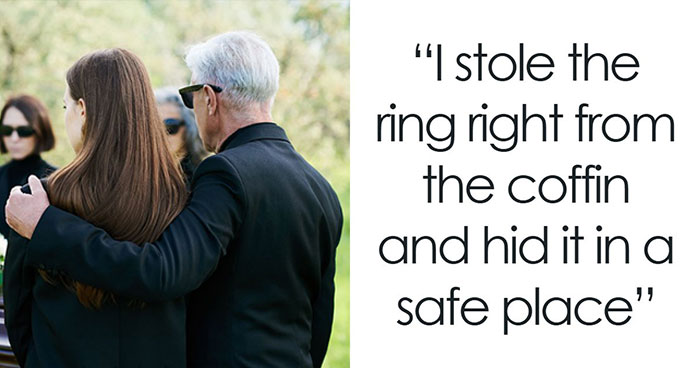











-4
262